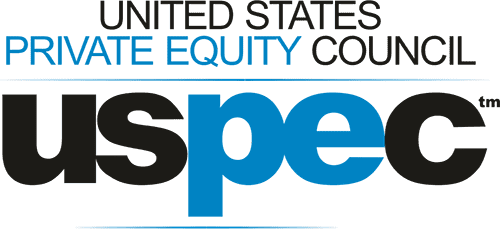A decades-old rule, ‘If it’s good for Wall Street, it’s good for our economy’ is all set to change by the new ‘The stop wall street looting act of 2019’. Senator Elizabeth Warren’s new bill is aimed at the private equity industry’s most profitable practices and this legislation would restrict private equity’s business.
The Stop wall street looting act of 2019 would put private equity investors in a legal category that is separate from other investors. Further, the act would limit the legal protections and diminish their incentive to take risks and invest.
According to Warren, Wall Street’s success has come at the expense of the rest of the economy.
In support, she also provided some high-profile examples of failed PE deals. One example: Toys R Us went bankrupt in 2017 and their workers spent months protesting for severance. Warren makes an effort to regulate this industry and the new Act might act as a solution for all the entanglement.
About Warren: Elizabeth Ann Warren, an American politician and former law professor [specializing in bankruptcy law] is the senior United States senator from Massachusetts.
The key aspects of the stop wall street looting act bill
The US private equity industry might face new regulatory scrutiny in 2021 and beyond. Accordingly,
- The private equity firms will share the responsibilities for the liabilities– debt, legal judgments, and pension-related obligations with the companies under their control.
- The bill closes the carried interest loophole. [the PE funds are not taxed at normal corporate tax rates for the profits earlier].
-
The PE firms cannot walk away when a company fails. But they need to-
- Protect workers, customers, and communities.
- Improve rules to facilitate workers in receiving pensions, severance, and other earned payments.
- Create incentives so that workers may benefit from a company’s second chance and retain their jobs.
- The PE firms will disclose fees and returns to investors while maintaining transparency.
- The PE firms can no more waive the fiduciary duties of the investors.
- The PE firms should arrange for corporate debt securitization to retain some risks.
Essentially, Warren’s proposal will accomplish a lot of things. In the future, the PE firms will ensure that workers, consumers, and investors will not get shortchanged. Unsurprisingly, the American Investment Council – the PE industry trade group is not thrilled with the proposal. The council hit back at Warren and pointed out the jobs it supervises and the investors (including the public pension funds) it tries to make money. On the contrary, the bill has received democratic co-sponsors in both chambers amid the controversial views in the main street.
Eddie Iny, campaigns director at United for Respect hopes that retailers will adopt an employee-centric model where store-level employees will have a voice in the decisions that impact their work and lives.
Is the time is set to level the playing field?
Will the bill pass?






